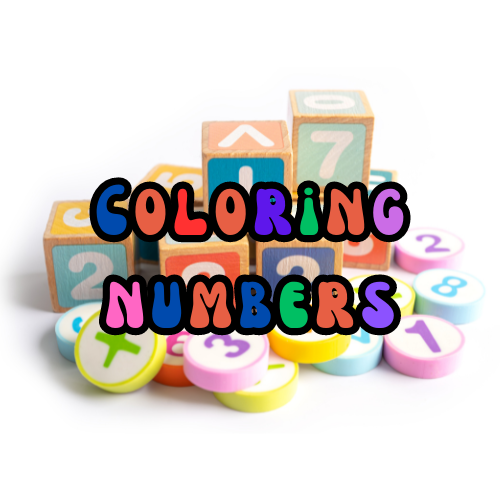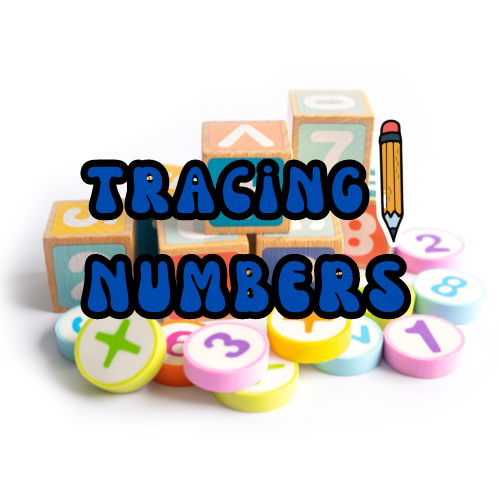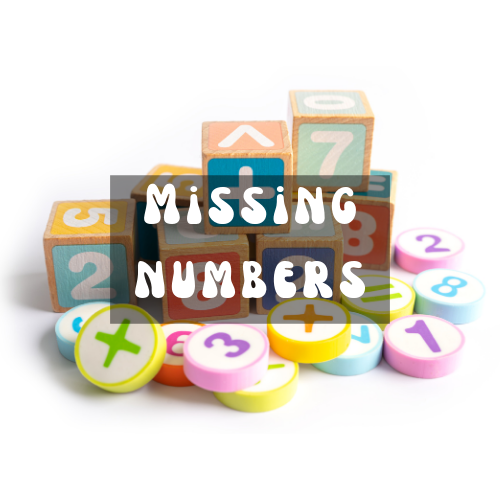In the tapestry of modern life, mathematics emerges as a fundamental thread that weaves through various aspects of our daily existence. For kids, the importance of mathematics learning goes beyond the classroom; it lays the groundwork for problem-solving, critical thinking, and a profound understanding of the world around them.
Foundation for Analytical Thinking: Mathematics is the cornerstone of analytical thinking. Learning mathematical concepts at an early age equips children with the tools to analyze problems, break them down into manageable components, and devise effective solutions. This foundational skill transcends academic boundaries, influencing their approach to challenges in all aspects of life.
Everyday Problem Solving: In a world driven by technology and innovation, mathematical literacy is akin to having a superpower. From calculating discounts during a shopping spree to managing time effectively, mathematical skills are seamlessly integrated into countless aspects of daily life. Kids who grasp the language of numbers find themselves well-equipped to navigate the complexities of the modern world.
Career Preparedness: As our societies become more technologically advanced, mathematical proficiency becomes increasingly essential in various professions. Whether aspiring to be scientists, engineers, coders, or even artists, a solid foundation in mathematics opens doors to a myriad of career paths. It’s the key that unlocks opportunities in fields where logic, precision, and quantitative analysis are paramount.
Financial Literacy: In an era where financial decisions are a significant part of adult life, mathematical understanding is synonymous with financial literacy. From budgeting and saving to making informed investment choices, a strong mathematical foundation empowers children to manage their finances effectively, fostering a sense of responsibility and independence.
Technological Fluency: Technology, an integral part of the modern landscape, is deeply rooted in mathematics. Understanding mathematical concepts enhances technological fluency, enabling children to navigate digital platforms, coding languages, and data analytics. This fluency not only prepares them for the tech-driven future but also encourages a proactive and innovative mindset.
Global Competence: In a globalized world, mathematical literacy is a universal language that transcends cultural and linguistic barriers. Proficiency in mathematics enhances communication and collaboration on an international scale, fostering global competence and preparing children for an interconnected future.
In conclusion, the importance of mathematics learning for kids in modern life cannot be overstated. It shapes the way they think, problem-solve, and engage with the world. As parents, educators, and mentors, fostering a love for mathematics in our young learners is not just an academic endeavor; it’s an investment in their future success and the development of well-rounded, capable individuals.
“You don’t understand anything until you learn it more than one way.” — Marvin Minsky




